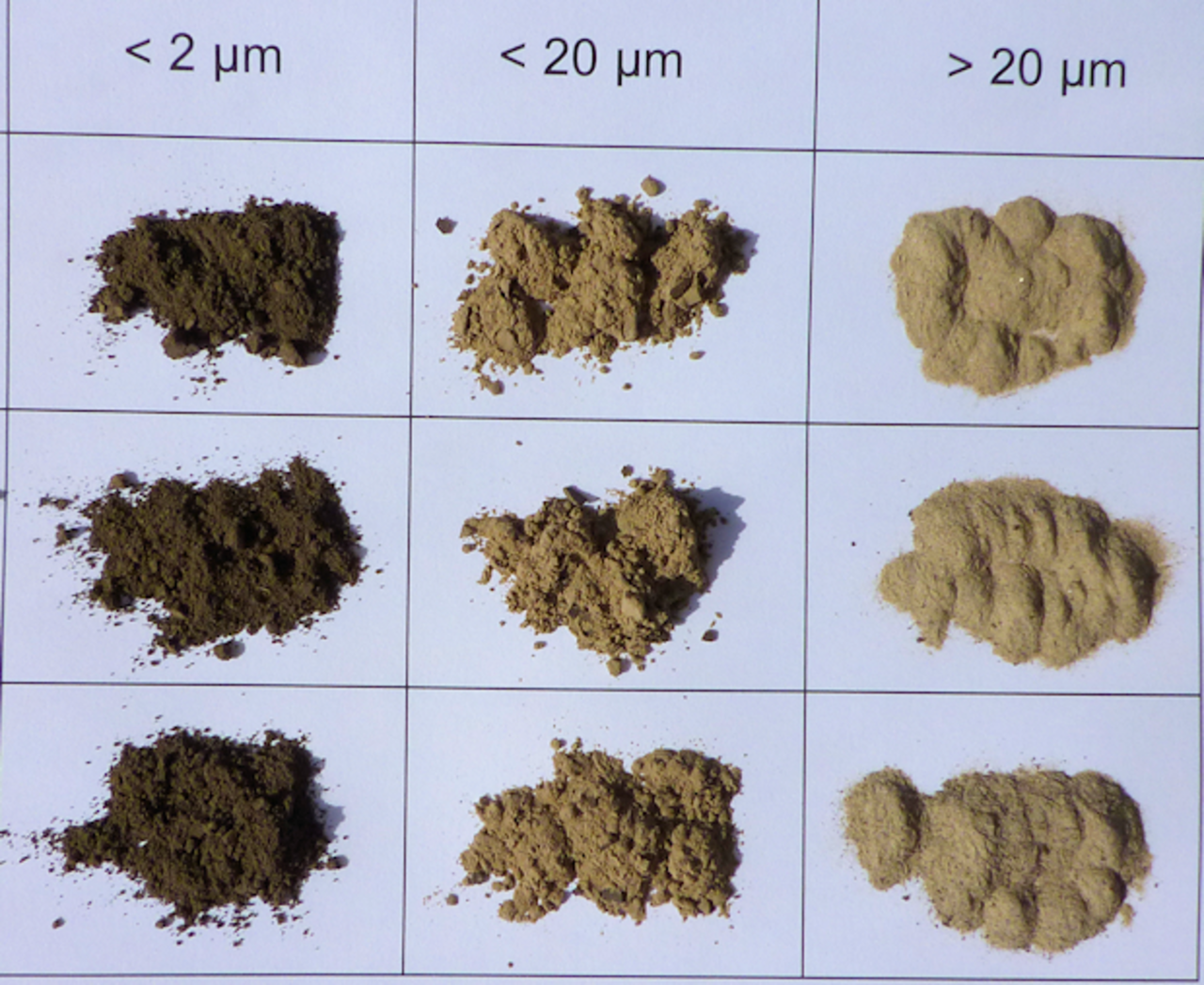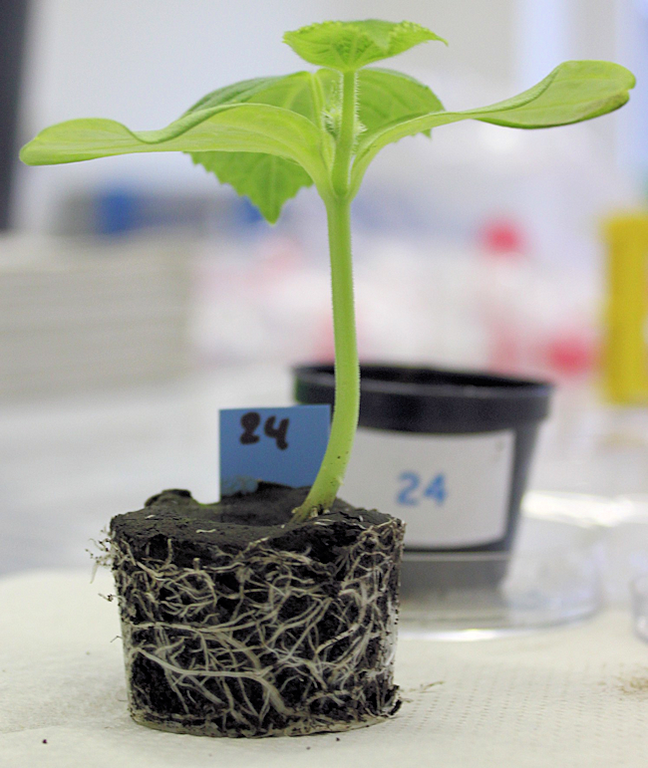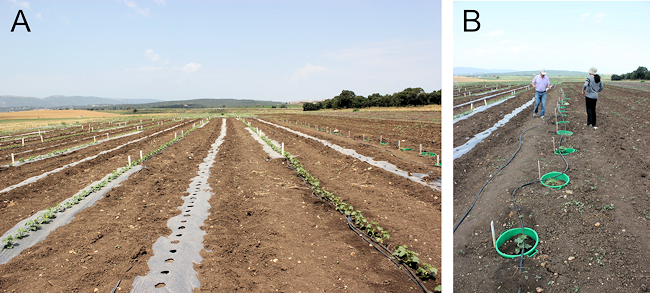Project
How do soil properties affect the survival of bacterial pathogens?

Towards safe applications of recycled water in agriculture: Effects of soil properties on the survival of wastewater bacteria and their potential to colonize vegetables
Treated wastewater represents an imporant opportunity to combine water supply with nutrient additions in growing crops and vegatables in regions limited by freshwater. Risks associated with the possible presence of pathogenic bacteria must however first be managed.
Background and Objective
While the risks of the bacterial pathogens in TWW for human and animal health have been identified, the importance of soil to enhance or attenuate these risks is an open question and will be studied in this project. Thereby the project will contribute to ecologically friendly use of water and the production of safe vegetables for domestic markets in Israel and import markets for Germany.
Approach
Together with our partners in Israel we will conduct field experiments i which melons will be cultivated with treated waste water and in which soil and plant material will be analyzed chemically, biochemically and microbiologically. An emphasis will be placed on next-generation DNA sequencing and bioinformatic analyses.

Thünen-Contact

Involved Thünen-Partners
Involved external Thünen-Partners
- Zuckerberg Institute for Water Research, Ben-Gurion University of the Negev
(Sede Boqer Campus, 84990, Israel) - Institute for Soil, Water and Environmental Sciences, The Volcani Centre
(Bet-Dagan, 50250, Israel)
Funding Body
-
Federal Office for Agriculture and Food (BLE)
(national, öffentlich)
Duration
11.2014 - 12.2017
More Information
Project status:
finished

![[Translate to English:] [Translate to English:]](/media/_processed_/4/0/csm_Titel_Ant_Plot_1c3363e3f7.png)
![[Translate to English:] [Translate to English:]](/media/_processed_/b/3/csm_Titel_93px_Ant_Plot_0ef6a20d79.png)

![[Translate to English:] Logo des Bundesministerium für Ernährung und Landwirtschaft](/media/allgemein/logos/BMEL_Logo.svg)